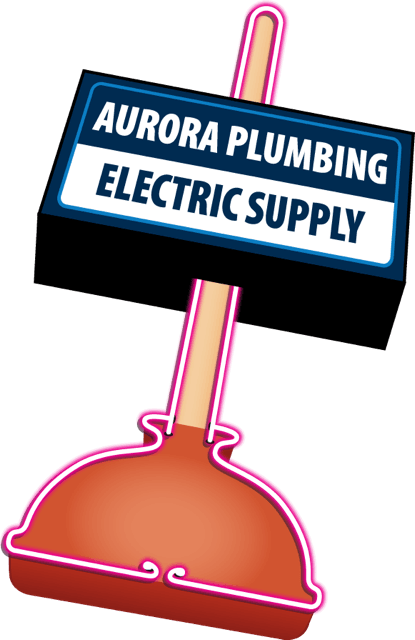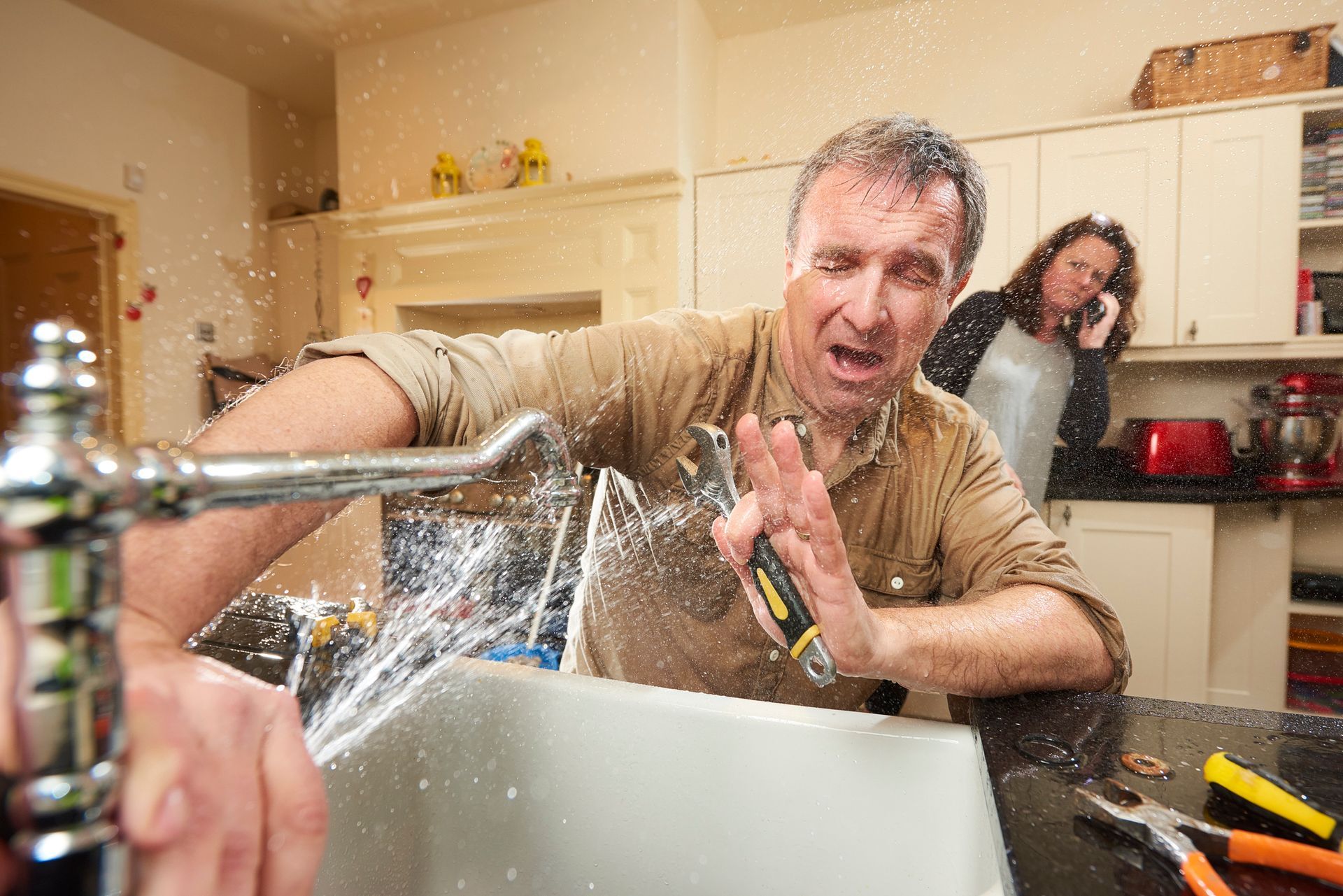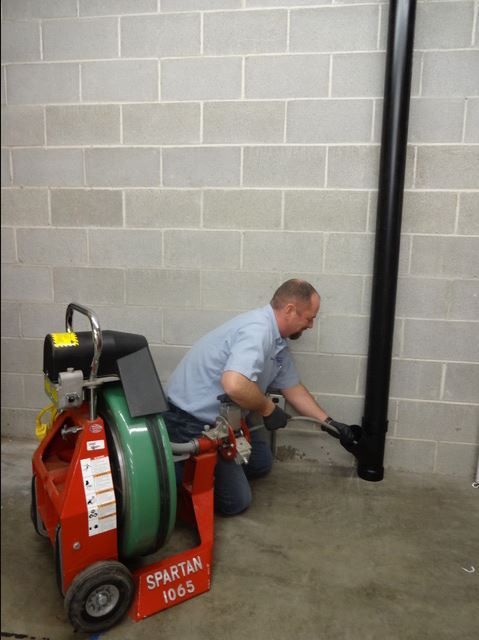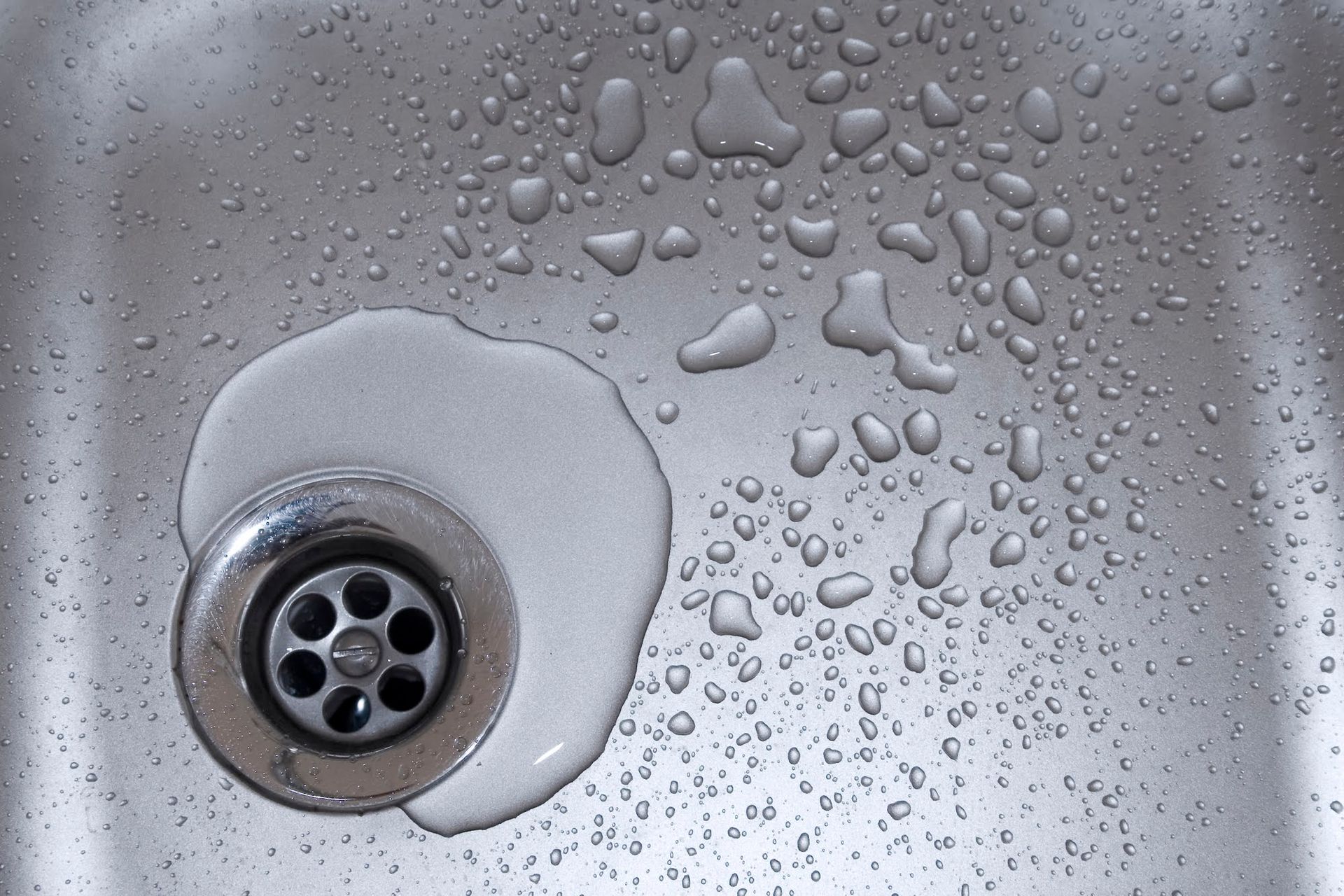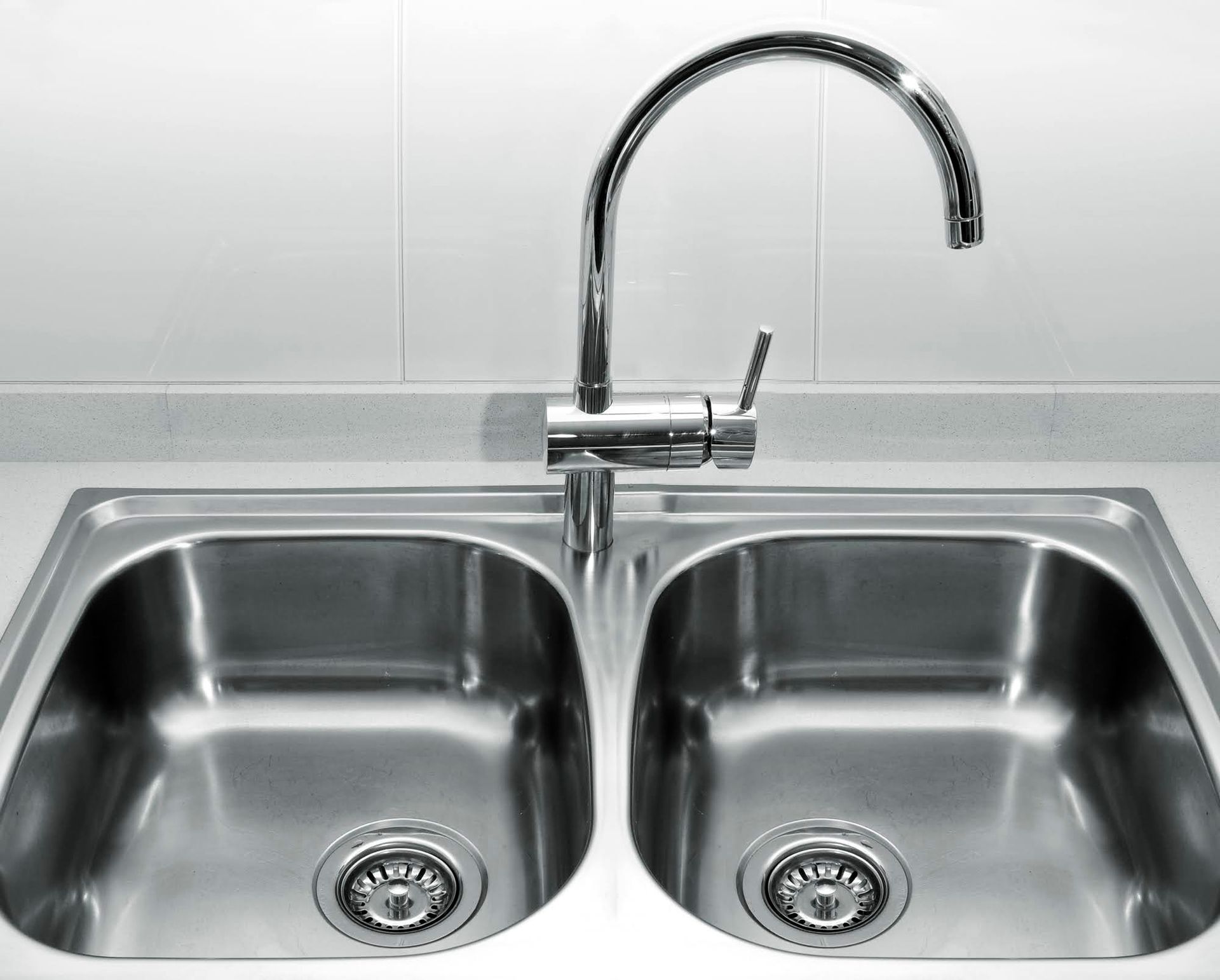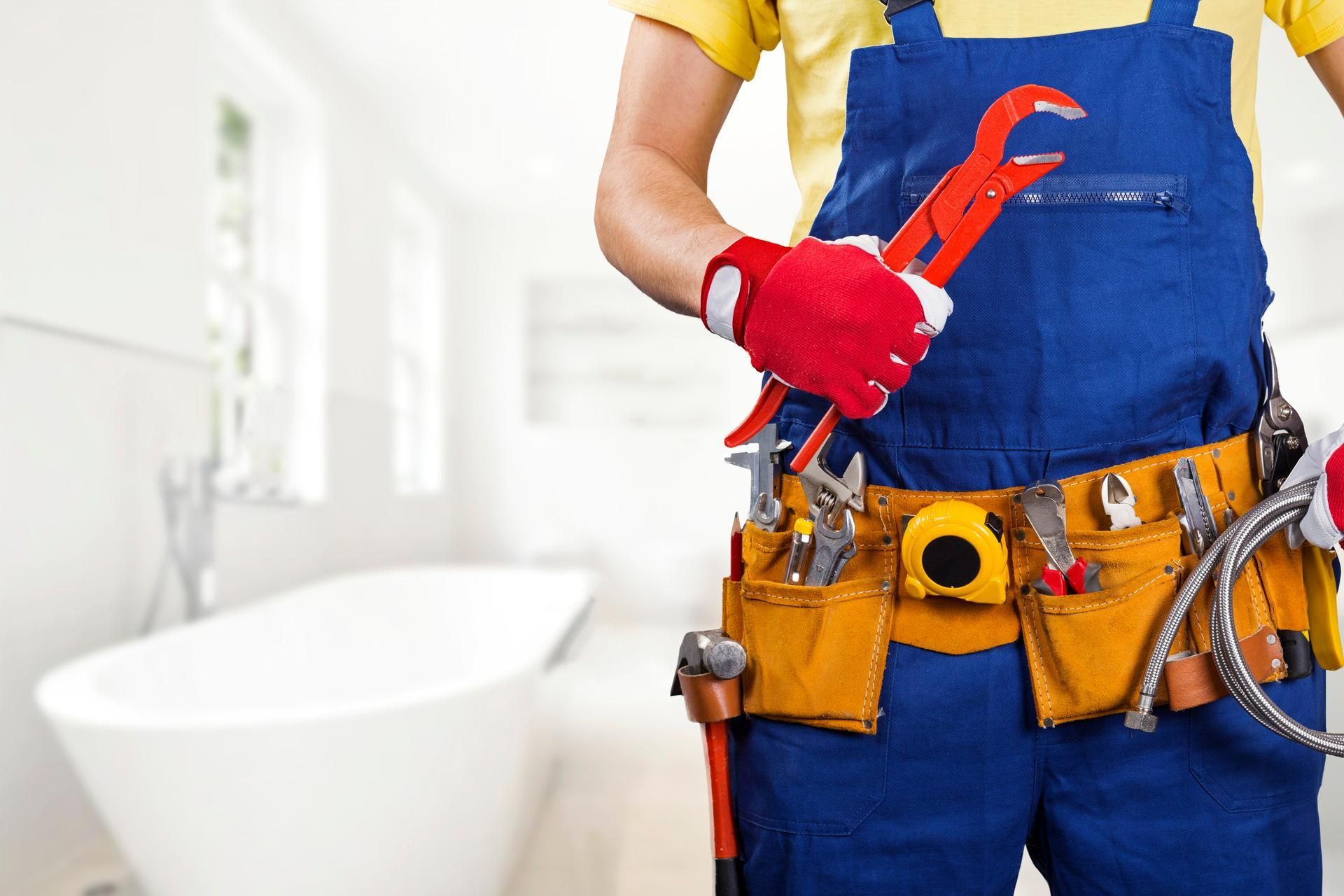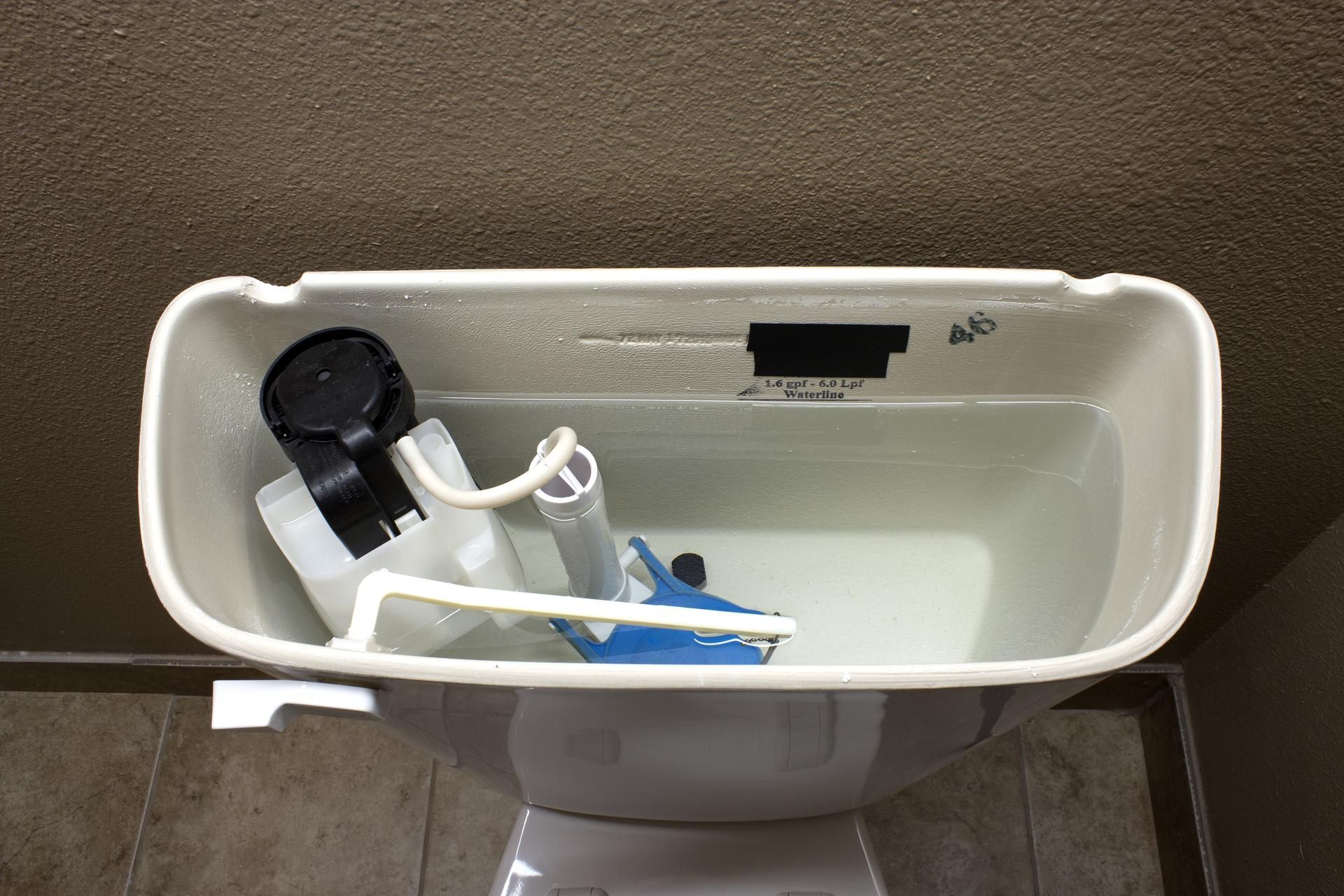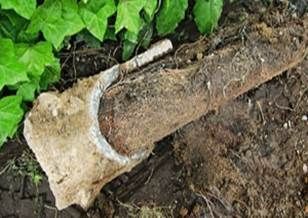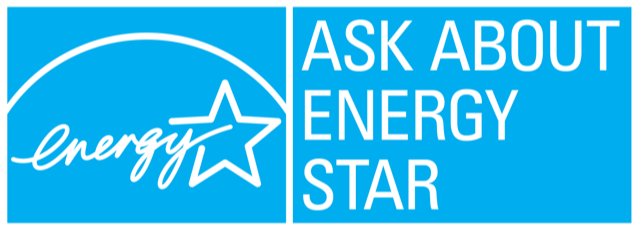Is It Time for a New Water Heater? Key Signs to Look Out For

A dependable water heater is crucial for home comfort, providing hot showers, clean dishes, and efficient laundry. Yet, over time, these appliances can deteriorate and might need replacing. Being aware of the signs of a failing water heater can help you avoid the hassle of sudden breakdowns. Here are some key indicators that it might be time to invest in a new one.
Fluctuating Water Temperatures
One of the most common signs of a failing water heater is inconsistent water temperature. If you are frequently adjusting the shower dial because the water keeps going cold, the heater might not be maintaining a consistent temperature. This inconsistency often points to a malfunctioning heating element or thermostat, indicating that the appliance is nearing the end of its life.
Discolored Water
Water that appears rusty or has a brown tint can be a red flag. Discoloration often results from corrosion inside the tank. As the tank's interior begins to rust, particles can break away, contaminating your hot water supply. This affects the water's appearance and may pose health concerns. Flushing the tank might resolve the issue temporarily, but persistent discoloration suggests it's time for a replacement.
Unusual Noises
While all water heaters produce some noise during operation, loud banging, popping, or rumbling sounds can indicate a significant problem. These noises often result from sediment buildup at the bottom of the tank. When water is heated, the trapped sediment can cause the bottom of the tank to overheat, leading to strange sounds. Over time, this sediment can harden, reducing the heater's efficiency and potentially causing damage.
Leaks and Moisture
Visible leaks around the water heater are unmistakable signs of trouble. Even minor moisture can indicate issues with the inner tank. Such leaks might stem from various causes, including pressure build-up, a faulty valve, or a crack in the tank itself. If left unresolved, leaks can cause substantial water damage to the home, making prompt action imperative.
Decreased Hot Water Supply
If your household runs out of hot water more quickly than it used to, this could be due to an aging water heater struggling to keep up with demand. Over time, the efficiency of the heating element decreases, leading to less hot water being produced. This is particularly noticeable during peak usage times, like morning showers. An upgrade to a new, more efficient model can restore your home's hot water supply.
Age of the Water Heater
Water heaters have a typical lifespan of about a decade or so. If yours falls within or beyond this range, it's probably time to start considering a replacement. Older models not only become less efficient but can also pose safety risks. Regular maintenance and inspections can extend the life of your water heater, but eventually, age will take its toll.
Frequent Repairs
Frequent repairs indicate that a water heater may be nearing the end of its lifespan. While occasional maintenance is expected, repeated technician visits in a short timeframe suggest that problems are only being temporarily fixed. Investing in a new water heater can often be more cost-effective than repeatedly repairing an aging model.
Rising Energy Bills
An unexpected rise in energy bills may be attributed to an inefficient water heater. When this appliance labors to heat water, it uses more energy, thus increasing costs. Upgrading to a newer model typically enhances energy efficiency, resulting in long-term savings on utility expenses.
Being aware of these signs can help you decide when it's time to invest in a new water heater. Replacing an old or failing unit can improve efficiency, reduce costs, and enhance the overall comfort of your home. Consulting with a professional can also provide valuable insights and ensure you choose the right model for your needs. Don't wait for a complete breakdown—act promptly to keep your hot water flowing smoothly.
For more information, contact us at Aurora Plumbing and Electric Supply.

